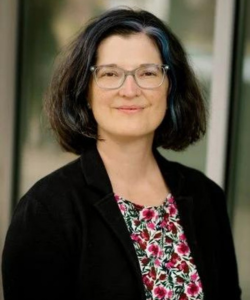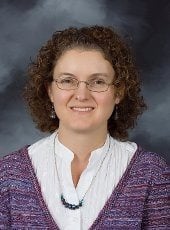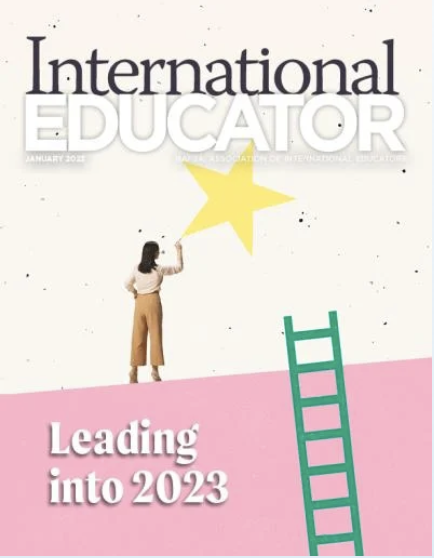Dan Shtob, Assistant Professor of Sustainability and Health in the Department of Social Sciences, is co-author on an article recently published in the journal Nature Cities. “Planning for the complexity and uncertainty of urban socio-environmental futures” presents a framework to guide decision-making processes in the face of unpredictable futures. With natural links to ecology, engineering and design, urban planning, climate science, and beyond, the article is written for anyone working in complex and unpredictable environments.
The article introduces the RAFT framework—Reversibility, Adaptability, Flexibility, and Tailoring—offering a fresh, modern approach to adaptive management. The goal is to update traditional methods of project design and development by better incorporating complexity theory and a broader understanding of decision-making processes, particularly how politics and governance shape those choices. Shtob and his co-authors emphasize that the impacts of decisions are often as uncertain as the systems they aim to influence, whether social, ecological, or economic.
The RAFT framework acknowledges that decision-makers cannot predict every shift in social, ecological, or political contexts. Instead, it calls for a mindset of flexibility, humility, and adaptability—qualities that enable decision-makers to adjust to unforeseen challenges and pivot as conditions change.
Designed with practical application in mind, the RAFT framework is a tool meant for real-world decision-makers grappling with the complexities of urban socio-environmental systems. The framework’s four core principles—reversibility, adaptability, flexibility, and tailoring—help decision-makers guide projects through unpredictable futures, ensuring they can be adjusted as new information or conditions arise. This approach encourages moving forward with action rather than letting uncertainty lead to inaction, a critical choice when addressing the pressing challenges of urban sustainability and climate resilience.
By introducing a more flexible approach to planning, Shtob’s work bridges the gap between theory and practice. The RAFT framework provides a robust toolkit for urban planners, engineers, policymakers, and designers who need to get things done in the face of uncertainty—equipping them with the tools to make informed decisions, adapt to change, and succeed despite the complexities of modern urban landscapes.
In a world where rapid change is the only constant, the RAFT framework offers a refreshing approach to project design and decision-making. It’s an essential read for anyone in the fields of urban planning, sustainability, and beyond, encouraging them to act boldly, with humility and foresight, to create sustainable futures for our cities.







